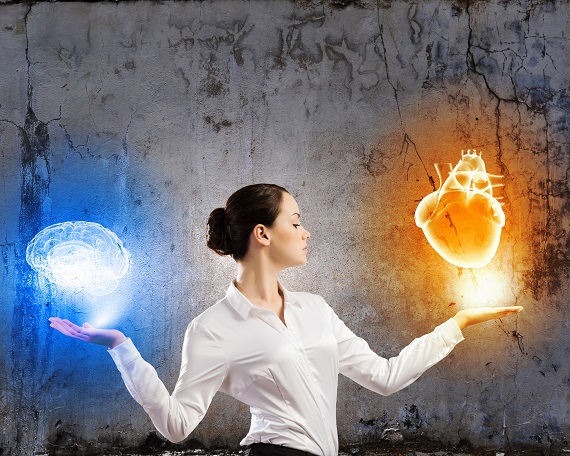
Ego-states, parent-ego, adult-ego, child-ego:
Ego-states refer to a psychology of relationships which was developed by Eric Berne. This model finds use when analyzing people's psychology in terms of feelings and actions but it may not be applicable to everybody.
Through the ego-state model, then it is easier to understand the inside world of individuals or an individual which may be constituted of the following: the parent ego state, the adult ego state and finally the child ego state.
All these three states help to explain what human beings are made of and how we tend to relate to each other and even to oneself depending on the state, why we want to do some things not others, what we are going to do and when . This is sometimes referred to as the transactional analysis. In this analysis there are various categories in relation to the way people think, feel and behave.
The various categories of ego are given capitals to represent them thus able to differentiate among the categories such as differences in parents, adults and children.
The parent ego state: This consists of the behaviors, way of thinking and lifestyle that has been imitated or copied from one's parents or other important people in a given societal setting. This could be people who matter in the society, people who have succeeded in society or role models in a given setting. This takes place when one grows up and learns and takes up behaviors and feelings from his/her parents and seniors.
This can be witnessed from the way one does things when fully grown up, it may be entirely or to a greater extent the same as his/her father/mother or grand parents used to do, say and behave. The way they used to respond to issues or even problems, sing even walking styles can be taken up from parents or those regarded in society. This is sometimes referred to as introjecting.
Adult ego state:
In this state; behavior, feelings, responses and actions occur spontaneously thus there is no influence by the past on what is done now. In this state there is that ability of seeing things the way they are and there is no intimidation if one does not know something, people at this state will always seek for the information that they need.
This therefore implies that there is a continuous process of updating of people on what is happening around them always which can be referred to as integrating adult. This is usually placed in the middle in the structural model to brig out the relationship between the parent and the child ego states.
Child ego states:
When one has grown up, there is that element of bringing some thoughts, behaviors and feelings from childhood into action in later stages especially adulthood. This could be both negative and positive feelings for example the way one used to feel when it was close to Christmas. The feelings come back as though it was to date. There is constant updating in this state of ego of things/events of those days during childhood.